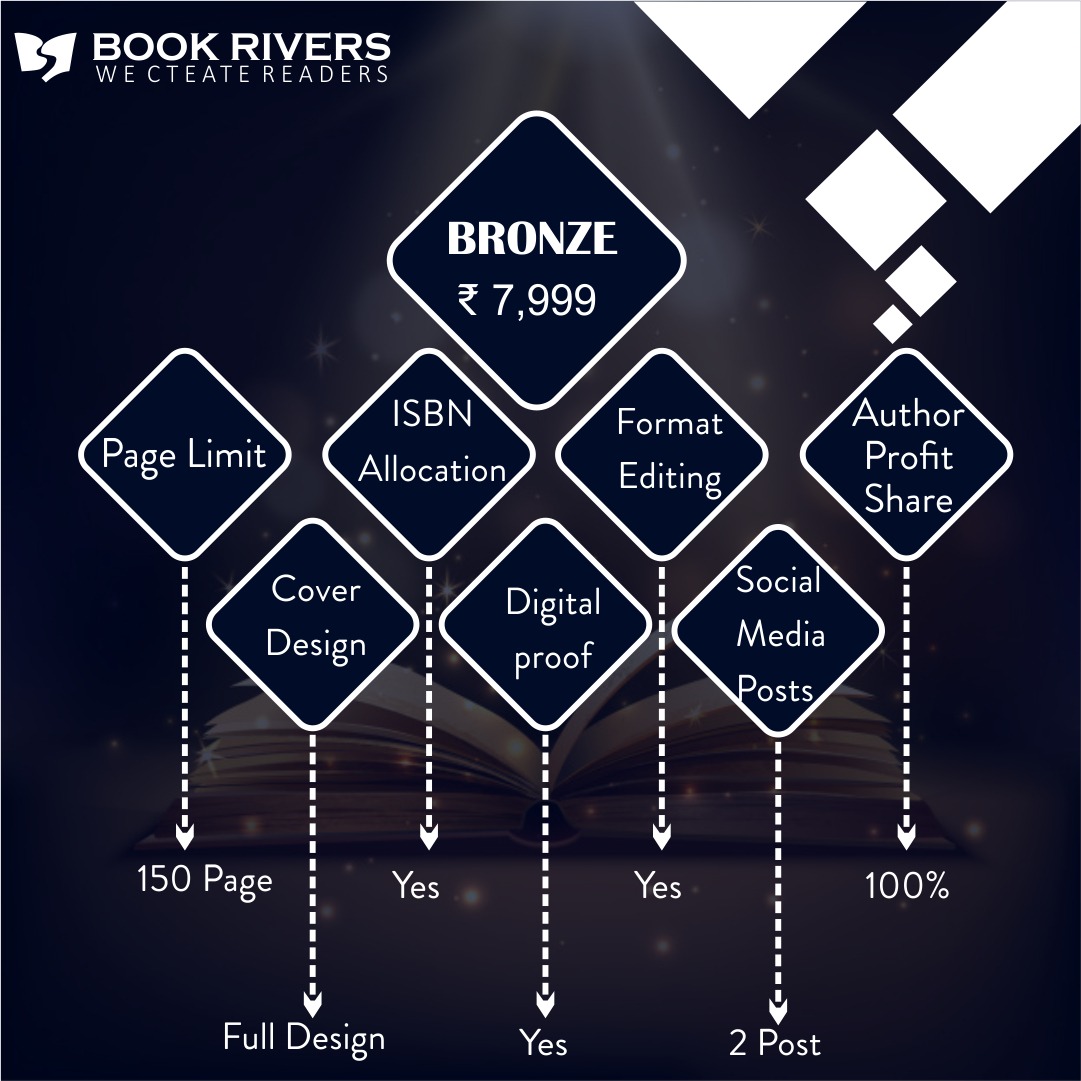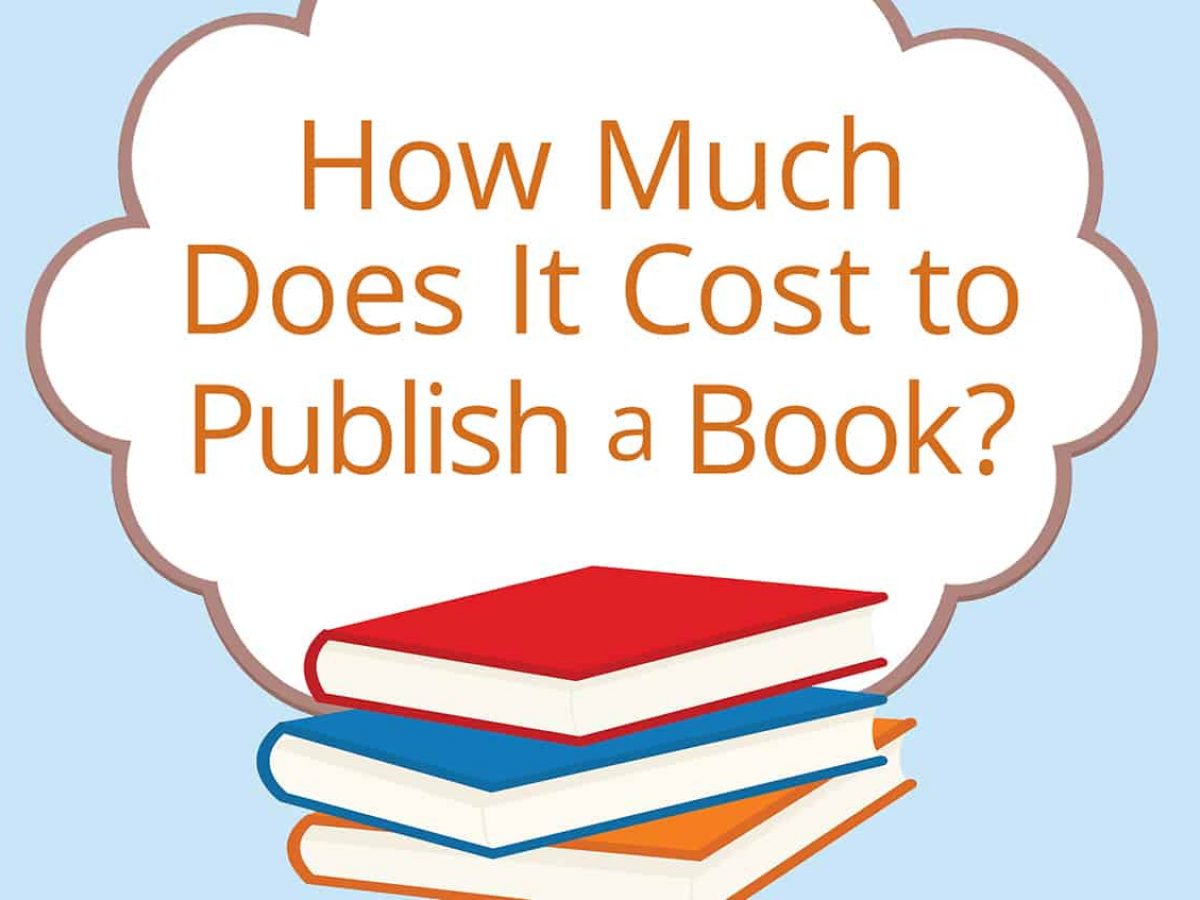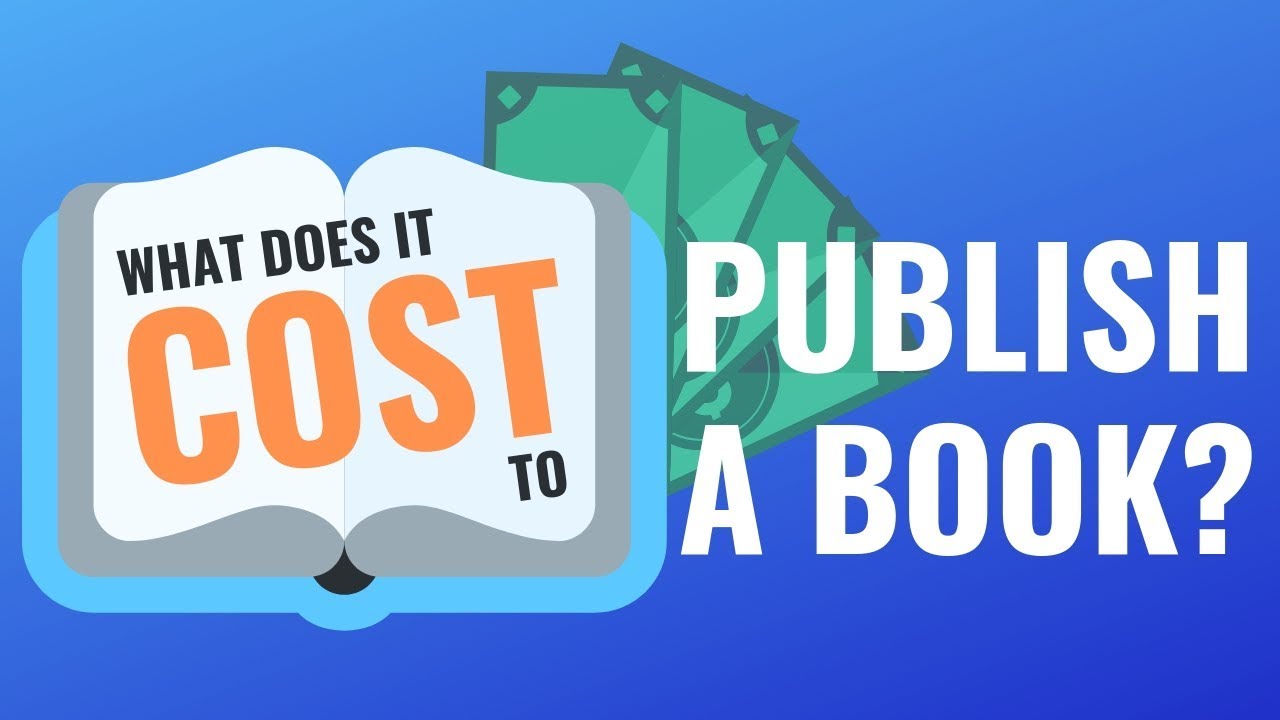Understanding the Costs to Publish a Book in 2025
Publishing a book is a thrilling endeavor that involves multiple phases and components, each carrying its own set of expenses. Understanding the overall cost to publish a book in 2025 is crucial for authors, whether you’re considering traditional book publishing or self-publishing. This guide provides a comprehensive overview of various aspects impacting book publishing costs to help you effectively budget for your journey to becoming a published author.
Factors Influencing Publishing Costs
When it comes to estimating the price of publishing a book, numerous factors come into play. These variables can significantly affect your overall book publishing expenses. The type of publishing route you choose—be it self-publishing or traditional publishing—will largely dictate the costs. Self-publishing often involves fronting costs like cover design, editing, printing, and marketing upfront, whereas traditional publishing generally covers these expenses but takes a portion of your royalties.
Understanding Self-Publishing Costs
The cost of self-publishing a book can vary widely. A typical breakdown includes editing costs, which can range from $500 to $3,500 depending on the editor’s experience and manuscript length. You will also need to budget for cover design, generally around $300 to $1,500, and printing costs, which fluctuate based on print runs and options. Additionally, factors like distribution and marketing play a role in overall costs, meaning authors should expect to invest anywhere from $1,000 to $10,000 in total.
Traditional Publishing Expenses
While self-publishing places financial responsibility firmly on the author, traditional book publishing costs are often hidden from the author’s view. They include advances against royalties, which can go anywhere from $1,000 to several million for established authors. Authors signed with traditional publishers won’t pay for editing or cover design; instead, the publisher absorbs these costs but retains a larger portion of profits. Understanding these financial arrangements will help aspiring authors delineate real revenues they’ll see.
Hidden Costs of Book Publishing
There are many hidden costs of book publishing that authors often overlook. Items like legal fees for copyrighting, ISBN costs, and any potential costs for improving manuscript quality can add up and hit the budget unexpectedly. Moreover, regular promotion and book launch expenses can surprise authors who may have thought they only needed to focus on the initial publication costs. Budgeting for these types of expenses can help ensure that your total expenditure remains in line with your projections.Budgeting for Each Phase of Publishing
Creating a comprehensive budget can spell the difference between a successful publishing endeavor and financial hiccups. Experienced authors often create detailed spreadsheets that list expected costs for each phase of the publishing process to analyze publishing expenses breakdown.
Pre-Publication Budgeting
During the pre-publication phase, costs can accumulate quickly. This phase typically entails editing costs, formatting your manuscript, and cover design expenses. A critical aspect of budgeting for publishing a book on a budget is to prioritize essential services, like professional editing, while assessing DIY methods for aspects like formatting, which can be managed in-house with tools like Scrivener or Vellum.
Marketing Costs for Books
No book can find its audience without effective marketing. This makes the marketing costs for books an essential part of your budget. You should allocate funds for online advertising, creating an author website, as well as promotional material like bookmarks and posters for potential book signings. Expect to spend at least 10-20% of your total budget on marketing to ensure your book reaches the right audience.
Distribution and Royalties Consideration
Understanding distribution costs is crucial, particularly for self-published authors. Depending on the distribution channels, fees can range from 30-60% of book sales, which cuts into your profits. Consequently, it’s vital to calculate potential royalties on published books when deciding on distribution options. Properly understanding these cut percentages means smarter pricing strategies later to cover initial costs.
Crowdfunding as a Financial Strategy
Crowdfunding for book publishing has become a popular option for authors seeking financial support prior to launching their projects. Platforms like Kickstarter and Indiegogo offer a means to obtain funds for everything from editing to marketing efforts.
Choosing the Right Crowdfunding Platform
Taking the time to find the right crowdfunding platform is crucial. Each has different fee structures, engagement processes, and audiences. For example, platforms like Crowdfunder focus more on business-oriented projects, whereas others might attract more literary backers. A well-researched choice maximizes your chances of hitting your fundraising goals.
Creating Compelling Rewards for Backers
Success in crowdfunding depends not just on the funding amount, but also on the ability to offer attractive rewards. This might include signed copies of your finished book, exclusive background content, or acknowledgment within the book itself. Understanding this aspect can greatly enhance your ability to leverage crowdfunding as a reliable financial plan.
Budgeting for Change
While crowdfunding can help drastically reduce your book publishing expenses up front, you should still be prepared for occasional costs that exceed initial budgets. In creating your crowdfunding plan, allocate a small buffer for unexpected fees—an integral part of financial planning for book publishing that often gets overlooked.
Key Takeaways
- Multiple factors influence the cost to publish a book, including publishing route and hidden costs.
- Effective budgeting for each phase of publishing is critical for managing expenses.
- Crowdfunding can be an effective strategy for offsetting publishing costs.
- Marketing and distribution are key elements that should not be overlooked in your budgeting plan.
- Understanding royalties and costs associated with books gives you the perspective needed to price effectively.
FAQ
1. What are the typical editing costs for authors?
Editing costs can range significantly based on manuscript complexity and editor experience, with basic copyediting starting at around $500 and comprehensive developmental editing reaching $3,500 or more. Therefore, it’s critical to include this vital aspect in your initial budget.
2. Are there hidden costs of book publishing I should be aware of?
Yes, many authors encounter additional costs such as legal fees for copyright, ISBN acquisition, cover image sourcing, and promotional material that can easily phase in unnoticed. Planning for these is essential in your financial expectations.
3. Can I DIY my book publishing expenses to save money?
Absolutely! Achieving savings is feasible through DIY options like formatting your book or managing social media for marketing. However, certain professional services like editing should remain prioritized to ensure quality.
4. How can I ensure I’m pricing my book for successful publishing?
Conduct market research and analyze similar titles for audience targeting costs, reader expectations, and potential sacrifice on royalties. Educating yourself on pricing strategies for authors will result in a price that reflects both quality and competitive advantage.
5. What platforms should I consider for crowdfunding my book?
Popular options for authors include Kickstarter, Indiegogo, and GoFundMe. Each platform has its features and fee structures, so choosing the right one tailored for your audience is important to increase funding chances successfully.
Images


